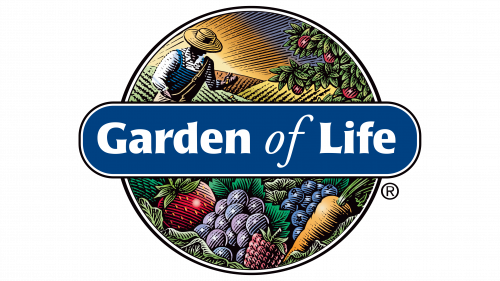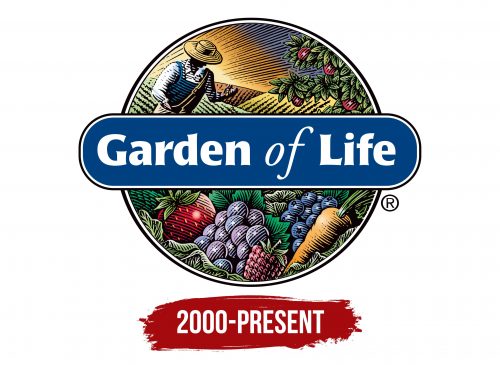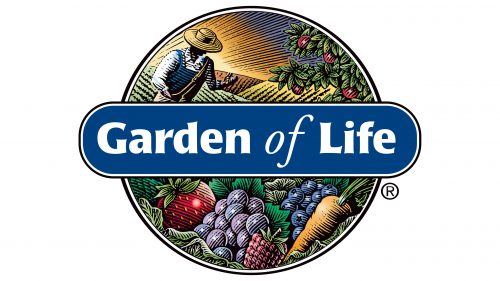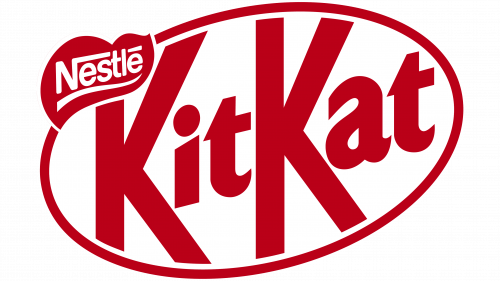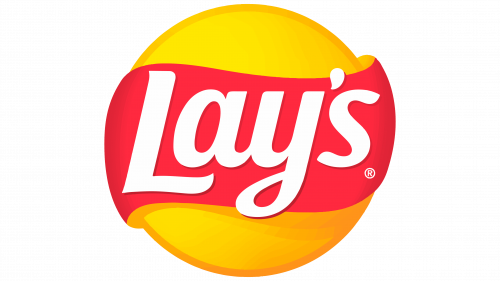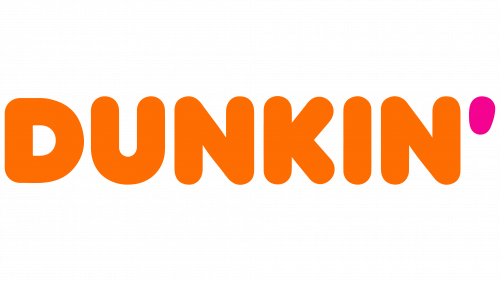The Garden of Life logo creates an impression of abundance and care for nature, reflecting the idea of a rich harvest grown with love and attention. Every element of the emblem emphasizes the brand’s commitment to naturalness and the high quality of its products. The emblem symbolizes fertile soil, where a caring gardener nurtures life-enhancing fruits. The logo is associated with the natural cycle, health, and sustainability, creating an image of a place where nature and humans work together to achieve the best results.
Garden of Life: Brand overview
When Jordan Rubin established Garden of Life in Palm Beach Gardens, Florida, in 2000, the company’s history officially began. The development of the brand was motivated by Rubin’s struggle with Crohn’s disease. After years of trying in vain to recover with conventional therapy, Rubin started using alternative therapies, such as fermented foods and probiotics. His ability to enhance his health led to starting a business providing whole food and natural supplements.
Primal Defense, a probiotic complex derived from Rubin’s experience, was the debut product. It quickly acquired popularity among customers looking for all-natural ways to maintain healthy digestive systems.
Early on, the business concentrated on creating and marketing fermented goods and probiotic supplements. The company swiftly established a solid reputation for providing premium natural supplements, meeting the increasing need for more holistic approaches to wellbeing and health.
By 2004, the product portfolio had been greatly expanded to include dietary supplements, vitamins, and minerals. Additionally, the business aggressively pushed the idea of “whole food supplements,” stressing natural ingredients rather than artificial ones.
The company was dealt a serious blow when the Federal Trade Commission (FTC) accused the brand of deceptive advertising in 2005. This resulted in a settlement wherein the business agreed to pay a fine and modify some of its marketing strategies. The incident prompted the company to step up its R&D and increase transparency about the effectiveness of its products.
In the ensuing years, the business kept growing its product line, emphasizing organic and non-GMO goods. The company proactively collaborated with independent farmers and suppliers to guarantee its ingredients’ superior quality and traceability.
The RAW line, introduced in 2009, swiftly rose to prominence. The RAW products were created using unpasteurized, minimally processed ingredients in response to the increased customer interest in “raw” and minimally processed food.
The company was certified as a B Corporation in 2013, demonstrating its dedication to upholding strict social and environmental performance guidelines, accountability, and openness. This choice demonstrated the commitment to improving society and the environment and manufacturing high-quality goods.
In 2014, the brand expanded its market share in the fast-developing sports nutrition area by launching a new product. This range featured protein powders, recovery items, and pre-workout mixes made with organic and non-GMO components.
The company’s history dramatically shifted in 2017 when Nestlé purchased Garden of Life for $2.3 billion. In addition to creating new growth and expansion prospects, this acquisition caused some customers to worry about upholding the original mission and values.
The business kept investing in R&D and growing its product line following its takeover by Nestlé. Additionally, efforts in social responsibility and sustainability were boosted.
2018 saw the expansion of the sports nutrition product line and the launch of additional items targeted at the increasing number of vegan athletes. As part of this effort, organic plant-based proteins with additional glutamine and BCAA were introduced, which helped the brand become more well-known in the sports nutrition industry.
The Dr. Formulated line, created in partnership with well-known naturopath Dr. David Perlmutter, was introduced in 2019. This line included probiotics, prebiotics, and other supplements specially formulated to improve digestive and mental health. The partnership with Dr. Perlmutter drew in new customers and strengthened the scientific basis of the offerings.
The company debuted its cutting-edge mykind Organics Herbals range in 2020. This line featured organic food ingredients and herbal supplements manufactured with a special water-based extraction method. The introduction of this line demonstrated the company’s commitment to using clean, organic products while reflecting the increased interest from consumers in traditional herbal medicines.
In 2021, the business made large-scale expenditures in digital technologies. The business unveiled a redesigned website with more capabilities for customized product selection and instructional resources. A loyalty program was implemented that lets customers discuss their product experiences and earn points for purchases.
Launching the “Traceability” program in 2022 was a big step toward supply chain transparency. Through this program, customers could track the precise farms and sources from which certain essential ingredients came.
The company stuck to its basic values of using organic and non-GMO ingredients while tailoring its goods to local regulatory needs and consumer preferences.
Meaning and History
What is Garden of Life?
It specializes in nutritional supplements, vitamins, and protein powders. The brand is known for using organic, non-GMO ingredients and emphasis on clean, traceable sourcing practices. The company offers many products, including probiotics, multivitamins, protein powders, omega-3 supplements, and meal replacement shakes. The product line caters to various dietary needs and preferences, including vegan, gluten-free, and kosher options. The company focuses on creating supplements as close to their natural form as possible, often using raw, unprocessed ingredients. With an emphasis on sustainability and ethical sourcing, the brand has gained popularity among health-conscious consumers looking for quality and natural supplements.
2000 – today
The Garden of Life logo features a circle, symbolizing tablets and capsules of dietary supplements. This shape emphasizes the theme of health and nutritional care. The circle’s interior represents the wealth of vitamins and minerals consumers receive through the company’s products.
Particular attention is given to the natural and organic raw materials used in production. Each product is certified organic and free from chemicals and GMOs. This is highlighted by the image of a sower manually planting fields. Behind him are neat rows of vegetable and grain crops, symbolizing healthy, environmentally friendly ingredients.
In the foreground, large ripe fruits, berries, and vegetables illustrate the various components used in Garden of Life products. These images emphasize the natural abundance that the company provides to its customers.
At the top of the circle is an oval background resembling a capsule, symbolizing the essence of the company’s products—a concentrated set of vitamins and minerals derived from natural sources. Inside the oval is the brand name, reflecting the company’s health and natural nutrition philosophy.
